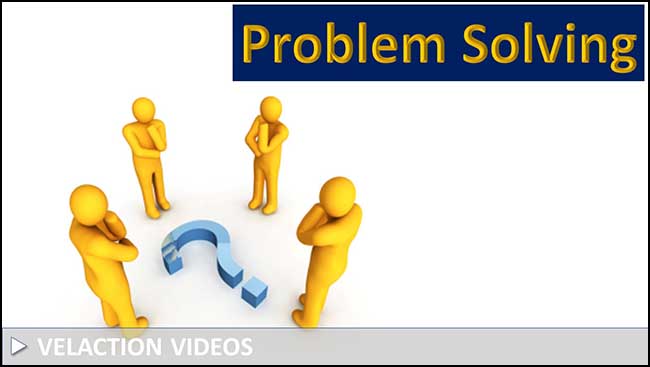Opinions
Dictionary.com defines an opinion as “a belief or judgment that rests on grounds insufficient to product complete certainty. “
In the world of continuous improvement, people seldom have the luxury of complete certainty. But, unfortunately, they often act with a clear deficit of facts and data to make an informed decision.
The key in making good decisions about improvements is to balance the time and other costs required to collect the required information with the risk of acting on incorrect opinions.

The truth is that even the best decision-making processes have at least a bit of opinion in them. Consider a decision matrix. The way the criteria are selected is an opinion. The value each option is given is an opinion. Even if the choices are given a point value, the dividing lines are opinions, as is the correlation between measure value and the assigned points.
But when a strong process is used to make a decision, big opinions are broken down into small ones. And the unnecessary or incorrect ones are easier to identify and eliminate.
One of the benefits of isolating opinions in this way, is that their logic can be communicated to others and reviewed by them. This helps keep personal bias from driving a person towards a poor decision. The dialogue about the opinion can also help change their minds. It is easier to sway a person on a small belief than it is to make a sweeping shift in thinking.



0 Comments